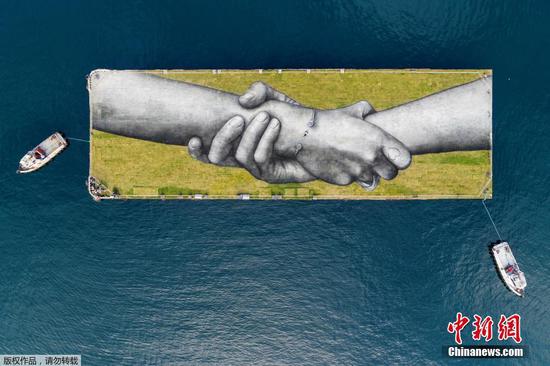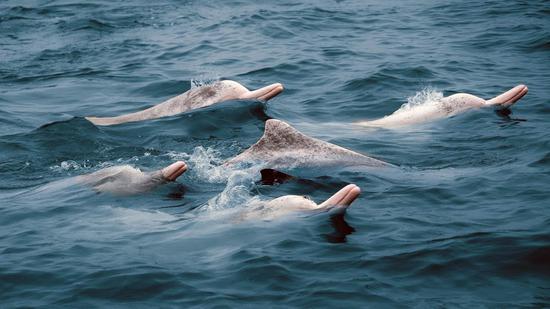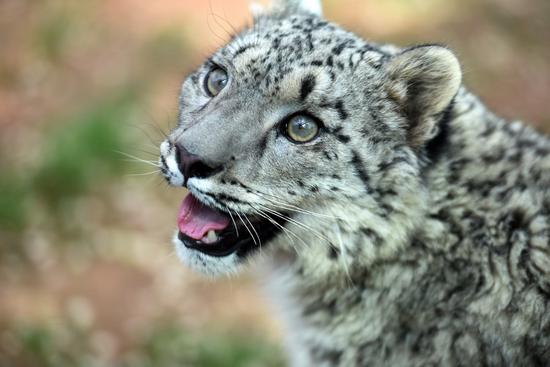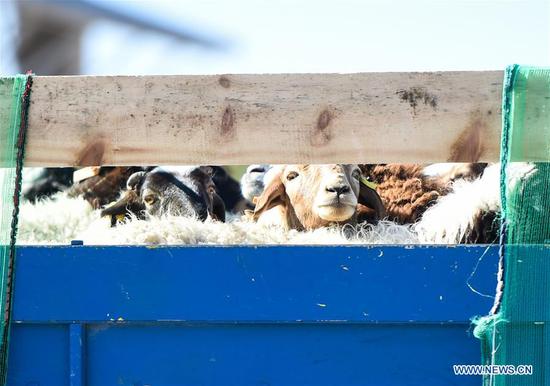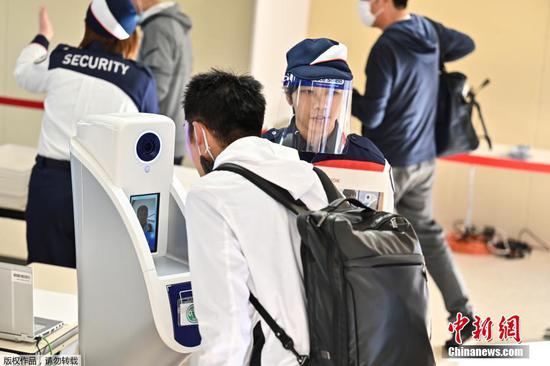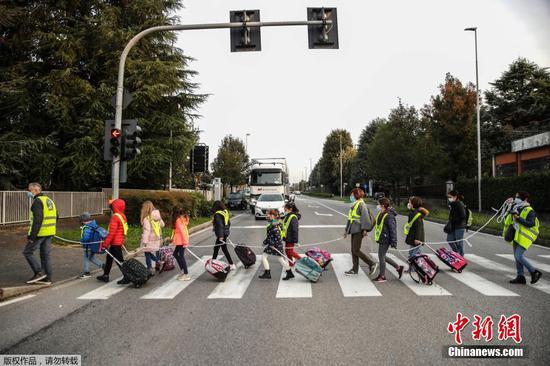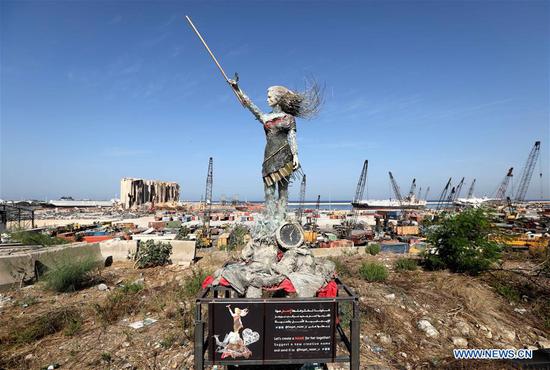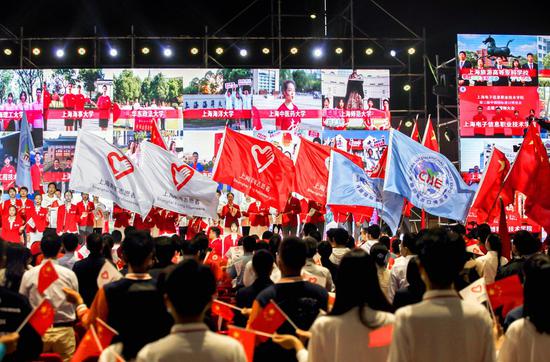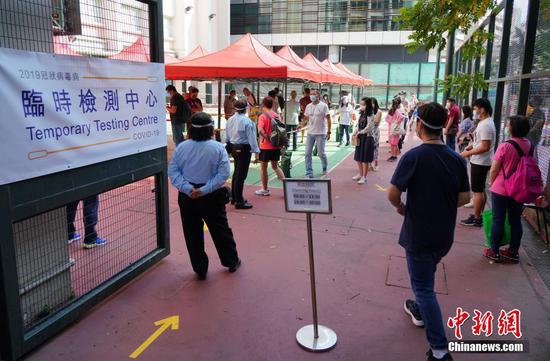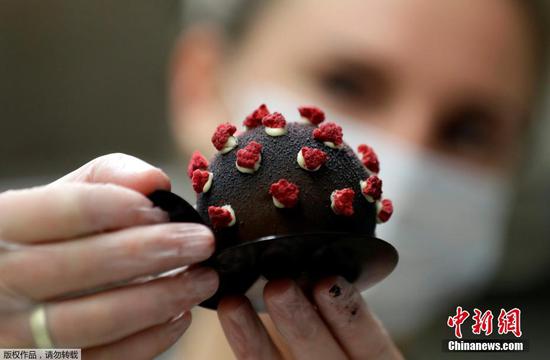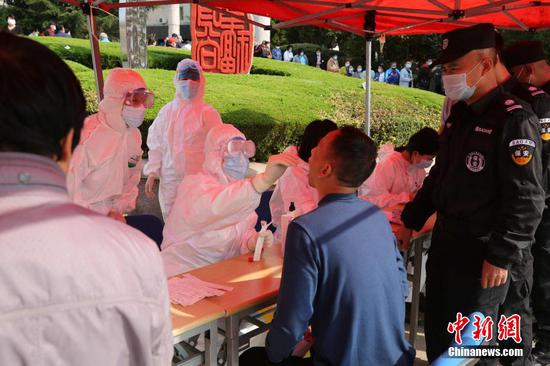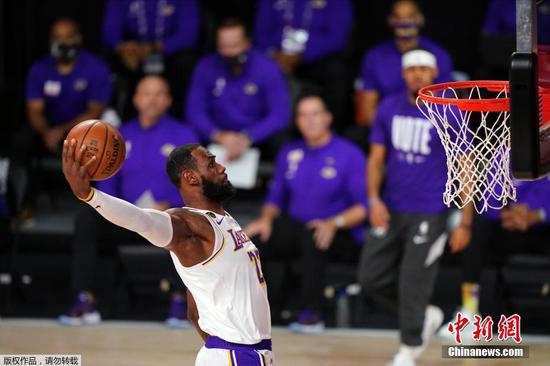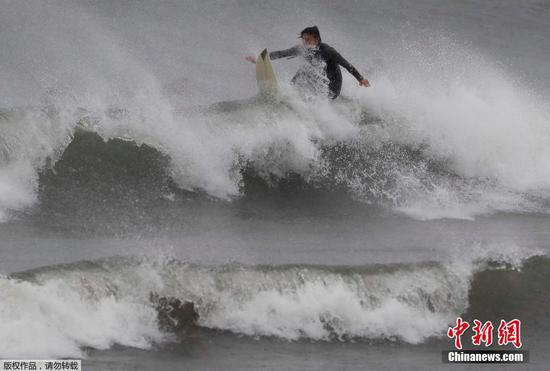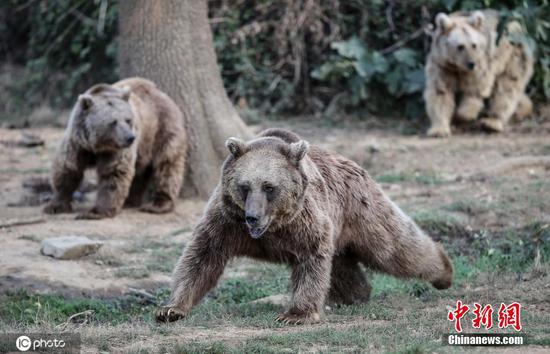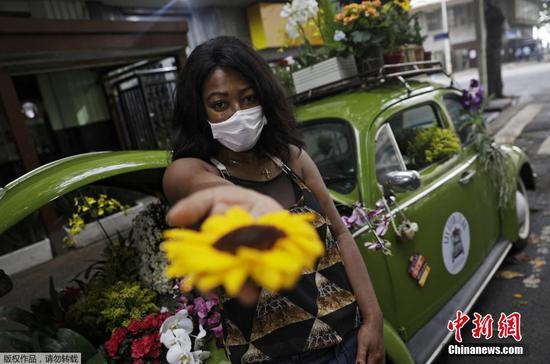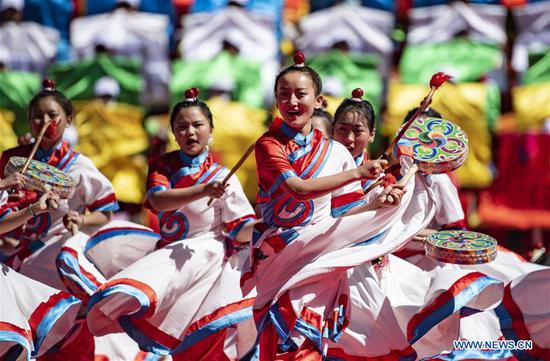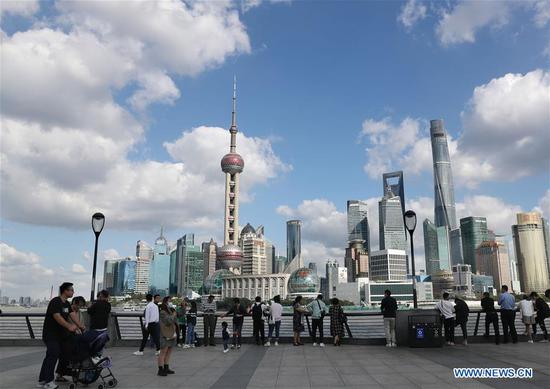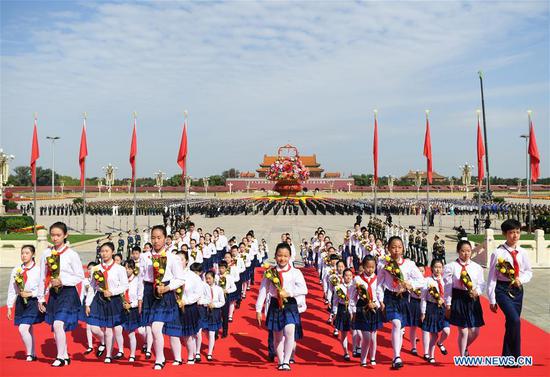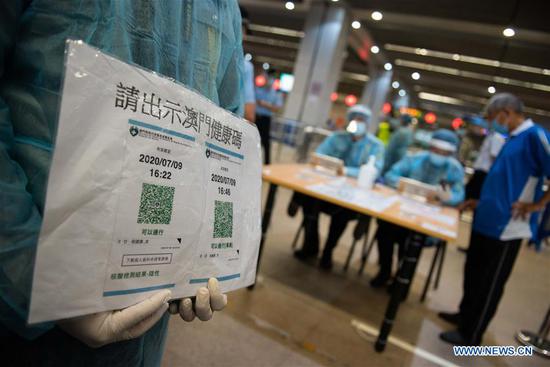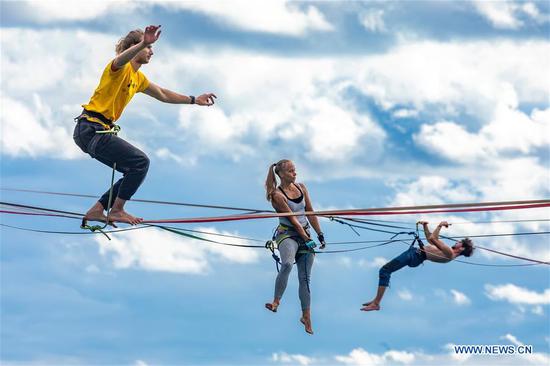A global partnership against COVID-19 is one of the core topics of the World Health Summit being held online on Oct. 25-27.
As one of the world's leading global health forums, the conference attracted international experts from politics, academia, the private sector, and the civil society to seek solutions for global health challenges and set an agenda for the future.
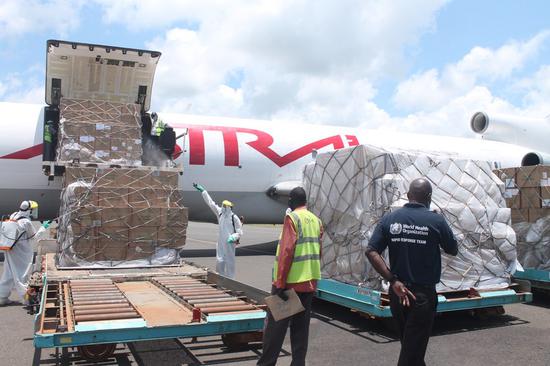
GLOBAL COOPERATION
In a video message to the conference, United Nations Secretary-General Antonio Guterres called the COVID-19 pandemic the "greatest crisis of our age."
Guterres called for worldwide solidarity to meet the challenges of the epidemic: "Developed countries must support health systems in countries that are short of resources."
"Since the novel coronavirus took hold more than nine months ago, lives and livelihoods have been lost and economies and societies have been upended," World Health Organization (WHO) Director-General Tedros Adhanom Ghebreyesus said in his message.
Tedros stressed that the impact goes far beyond the sufferings caused by the virus itself, with major disruptions to global services for hunger, immunization, non-communicable diseases, family planning and others.
A number of European countries are putting into place new restriction measures as a second wave of the COVID-19 pandemic gathered pace across the continent. Spain and France each have had more than 1 million confirmed cases.
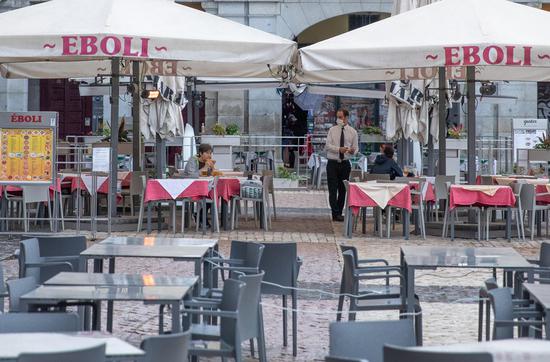
"The dramatic spikes in recent weeks across the world and especially here in Europe reflect a picture that is getting worse by the day," European Commission President Ursula von der Leyen said in her speech. "More than at any point in human history, the health of one country directly affects that of another."
Von der Leyen also said that in today's world, people need to look after their health "through global health cooperation, not through global health competition."
She also announced in her speech that she will convene a Global Health Summit next year alongside with the prime minister of Italy, which holds next year's G20 presidency, with the aim "to bring all global efforts together and learn the lessons of the crisis and update global health cooperation for this age of pandemics".
"At this historic moment for science and humanity, we face the great challenge for medical science to bridge instead of to divide, to synthesise instead of to oppose, so that we survive together, demonstrating the wisdom, health diplomacy, and humanitarian policy mankind deserves and calls for at such times," Giorgos Patoulis, regional governor of Attica, Greece, told Xinhua in an interview last month.
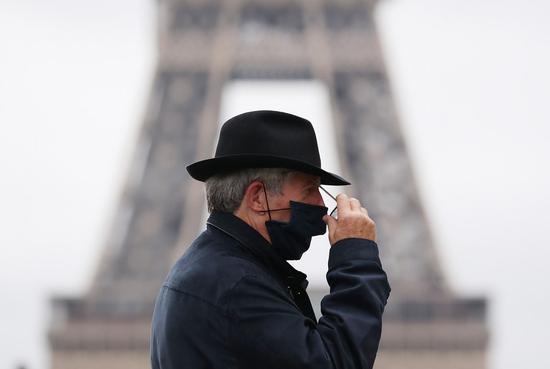
VACCINES AS GLOBAL PUBLIC GOODS
Many participants at this year's conference call for COVID-19 vaccines to be a global public good.
In April, the WHO, the European Commission and multiple other partners launched "The Access to COVID-19 Tools Accelerator" to catalyse the development and equitable distribution of vaccines, diagnostics and therapeutics, according to Tedros. "
But the greatest challenge we face now is not scientific or technical," he said.
"Can countries come together in solidarity to share the fruits of research? Or will misguided nationalism hobble our response?" he asked.
"We are investing heavily not only in research and innovation, but also in our vaccine strategy to increase the production capacity of companies supplying vaccines to both the European Union (EU) and non-EU countries," said Von der Leyen.
The EU has invested 459 million euros (542 million U.S. dollars) in grants for 103 new research projects, and by the end of 2020, the EU will invest 1 billion euros (1.18 billion dollars) into COVID-19 research and innovation, she added.









